10 Frequently Asked Questions (FAQs) About Conjunctivitis
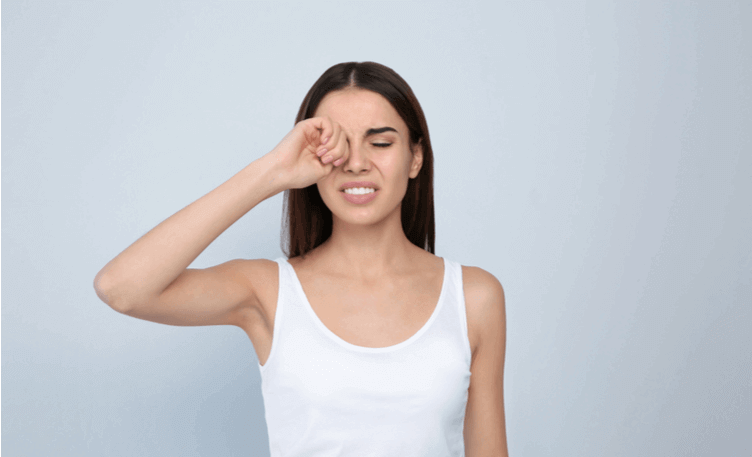
Conjunctivitis - the word conjures images of red, watery eyes during school days and many associated myths like you can get conjunctivitis if you stare at someone who has a pink eye. Arm yourself with the right information so that you can take appropriate steps for yourself, and your kids, if you get conjunctivitis.
What You Need To Know About Conjunctivitis
Suffering from a bout of Pink Eye? Here are answers to a few things that can cross your mind.
Q 1. What is Conjunctivitis?
Also called 'Pink Eye' or 'Sore Eyes', it is an inflammation of the 'Conjunctiva', a thin tissue that covers your eyeball and the inside of the eyelid. The conjunctiva may swell up because of an allergy, irritant or an infection, and its small red blood vessels make it appear pink or reddish.
Q 2. What Symptoms Should You Look out For?
Viral conjunctivitis often affects one eye, with watery eyes and light discharge. In bacterial infections, both the eyes are affected and the discharge is thicker and greenish-yellow in colour. If the redness is caused by an allergy, there will be itching and redness. In all cases, you might feel sensitive to light or have a slightly blurred vision.
Q 3. How Do You Get Conjunctivitis?
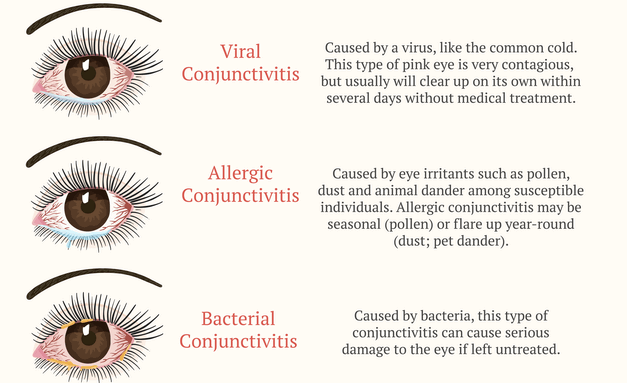
Like an allergic reaction, conjunctivitis could be due to reasons like pollen, dust, pollution or even as a reaction to certain kinds of eye drops or contact lenses. Conjunctivitis could be caused by increased viral or bacterial activity in your environment, a common phenomenon during seasons like the monsoon. Both are very contagious and spread through direct or indirect contact with the eye secretions of someone who's infected.
Conjunctivitis can also be caused as a result of chemical irritants or due to STDs like herpes, chlamydia and gonorrhoea (to name a few).
Q 4. Who Can Get Conjunctivitis?
Anyone, because it is like a common cold but children are more prone to it because, at school, they come in close contact with many others.
Q 5. How Long Does Conjunctivitis last?
Anything between 4 to 15 days, depending on the intensity of the viral/bacterial infection and how promptly you start the medical treatment.
Q 6. Should I Visit a Doctor?
Yes, it might not be serious but get a medical opinion regardless because the inflammation could have been caused due to other reasons. Situations, where you should immediately go to the doctor, are if your newborn gets Pink eye or if your infection goes beyond 3 weeks.
Q 7. How is Conjunctivitis treated?
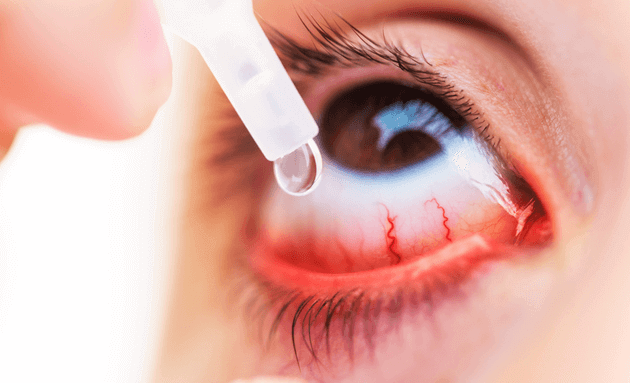
Your doctor will analyse and decide the course of treatment. Viral infection usually subsides on its own while for bacterial infections, you might be given antibiotic eye drops.
Q 8. Can I do Anything to Reduce Discomfort?
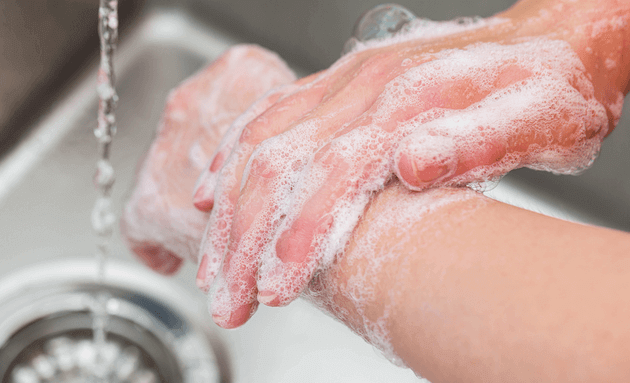
Yes, but first, stay at home and rest your body, so that it can heal faster.
- Wash your hands with soap frequently
- Rinse your eyes a few times a day, especially if there is any discharge
- Don't rub your infected eye. If they itch, do warm or cold compress to provide relief
- Keep your linen, towels and clothes separate from others
- Do not share eye make- up
- Do not wear contact lenses
- Avoid straining your eyes via movies, video games, etc.
- Wipe all devices after use, including remotes, phones, kitchen appliances, etc.
- Your doctor might provide you with lubricating eye drops or 'Artificial tears' for temporary relief
- Don’t put a patch over your eye. It may worsen the infection
- Do not go to the swimming pool
Q 9. Is it True That Once You’ve Had Conjunctivitis, You Get Immune to It?
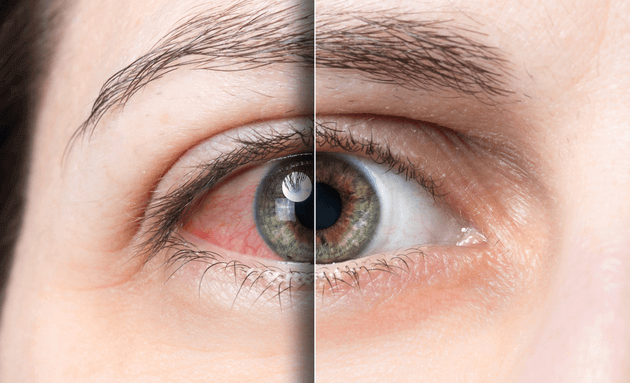
No, having it once doesn’t protect you against getting it in the future. Bacteria and viruses that cause infectious conjunctivitis can strike anytime. Ensure good hygiene and avoid unwanted exposure to allergens during allergy season.
Q 10. Is There a Single Remedy For All Types of Pink Eye?
No, and the doctor will tell you so. The pink-ness is a symptom - if it is an allergy, you will be asked to have antihistamines while if it is a bacterial infection will need antibiotics (note that these medications will be of no use if in case you have a viral infection). STDs like Herpes will require a completely different course of treatment.






